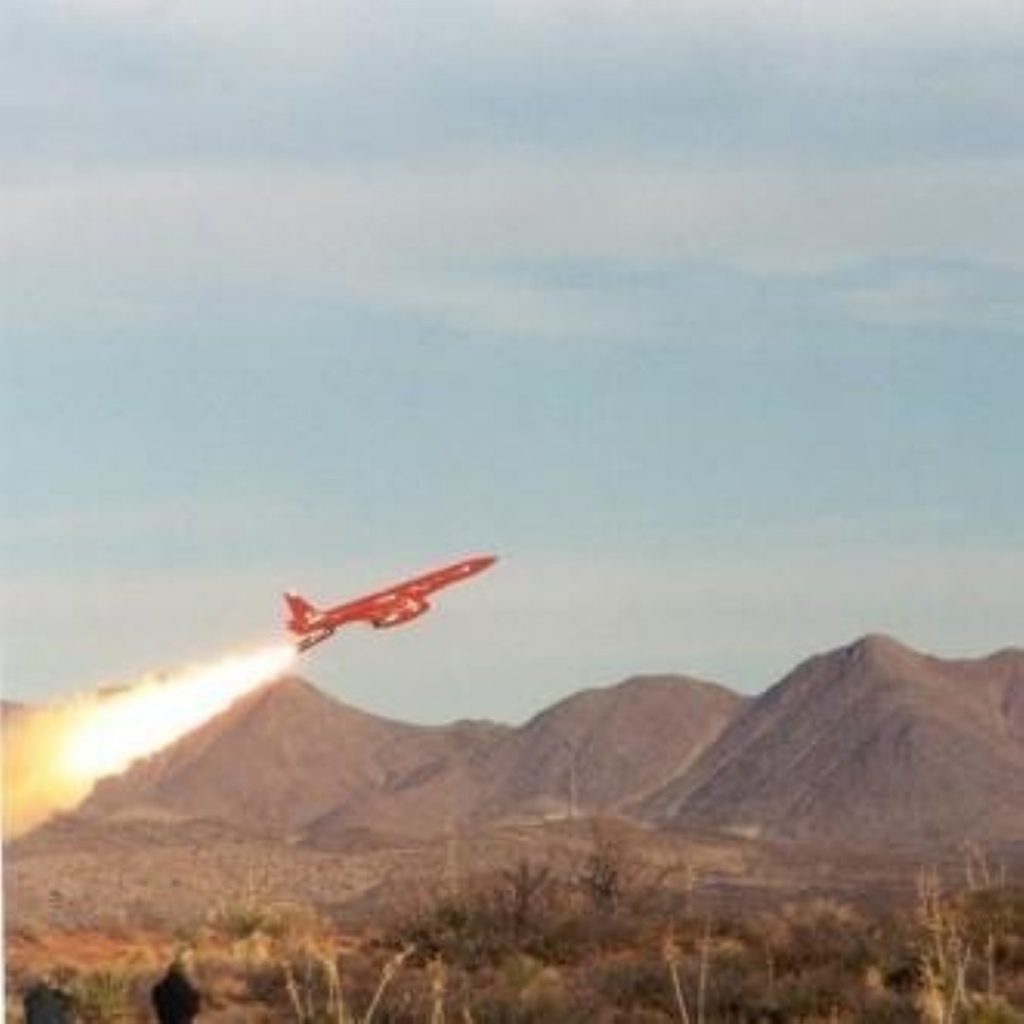Arms controls ‘failing to stop missiles’
Britain’s arms exports controls have failed to legislate against certain missiles, it has emerged.
An influential group of committees says technicalities in existing laws allow for the sale of potentially-devastating missiles without a licence if their maximum range 300km.
According to the committees on arms exports controls – formerly the quadripartite committee – the “baffling and confusing” shortcoming is undermining Britain’s arms controls.
The government’s recent review of export controls means items listed as “high risk” on the UK Military List require a licence to be sold overseas.


Military, security and paramilitary goods, software and technology and arms, ammunition and related material were already included, while small arms and light weapons, portable anti-aircraft weapons and cluster bombers have been added.
Ahead of the third and final tranche of secondary legislation due in the autumn, Roger Berry, chair of the committees, said: “We welcome the ruling that any UK citizen trading overseas in high-risk light weapons should require a licence but we feel that the extra-territorial provisions should cover the trade in all the other weapons that appear on the UK Military List as well.
“Otherwise where should we sensibly draw the line between what is high risk and what is not? It seems baffling, for example, to require a licence for the trade in small arms but not in missiles with a range up to 300km.
“The key issue for the committees is the extent to which the third tranche of the legislation will cover other items on the UK Military List.”
MPs also conclude that with a comprehensive, fully-enforced and universally applied arms treaty some way off, there is an “overwhelming” case for extra-territorial controls to be extended in Britain.
Speaking earlier this year, business and enterprise minister Malcolm Wicks said the UK was committed to tightening arms trade laws.
“The UK already has one of the toughest export and trade control regimes in the world and it is my intention to further tighten arms trade laws to ensure UK brokers are regulated – wherever in the world they do business,” he said.
“We now have a clear idea of where changes to legislation must be made and I plan to move on these as a matter of priority.”

